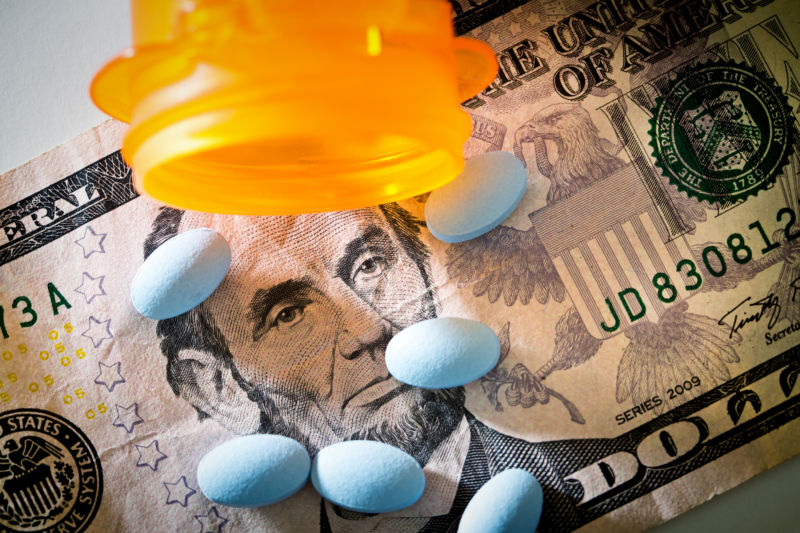Medicare forced to expand forms to fit 10-digit bills—a penny shy of $100M

In a disturbing sign of the times, Medicare this week implemented a change to its claims-processing system that adds two extra digits to money amounts, expanding the fields from eight digits to 10. The change now allows for billing and payment totals of up to $99,999,999.99, or a penny shy of $100 million.
In a notice released last month, the Centers for Medicare & Medicaid Services (CMS) explained the change, writing, “With the increase of Part B procedures/treatments exceeding the $999,999.99 limitation, CMS is implementing the expansion of display screens for monetary amount fields related to billing and payment within [the Fiscal Intermediary Shared System (FISS)] to accept and process up to 10 digits ($99,999,999.99).”
The FISS is the processing system used by hospitals and doctors’ offices to process Medicare claims.
Stat news, which first reported the update, noted that it’s not the first time CMS has struggled to make room for ever-increasing drug and treatment prices in its claims processing systems. In 2022, the agency had to give technical advice to doctors submitting claims for chimeric antigen receptor (CAR) T-cell therapy, which is used to treat blood cancers. CAR T-cell therapies run around half a million dollars, or eight digits. But in a different claims processing system, called the Multi-Carrier System (MCS), the money amount fields only included seven digits. In that case, rather than expanding the field, the CMS requested that doctors divide the bill by either five or 10, depending on the size, and then bill Medicare five or 10 separate times for a single claim.
CAR T-cell therapies aren’t the only treatments with eye-popping price points these days. Just last month, the drug Lenmeldy, a lifesaving gene therapy for a tragic childhood condition, set the current record for the highest drug price in the world at $4.25 million. Before Lenmeldy arrived, the hemophilia B drug Hemgenix held that record, with its price set at $3.5 million.
While these advanced therapies come with mind-boggling prices, prescription drug costs in the US are a problem across the board. In a KFF poll published in August, 28 percent of US adults reported difficulty affording their prescription medication, while 31 percent reported not taking their medicine as prescribed in the past year due to the cost. A federal report from 2022 found that Americans pay nearly three times more for prescription drugs than people in 33 other wealthy countries.
https://arstechnica.com/?p=2014290